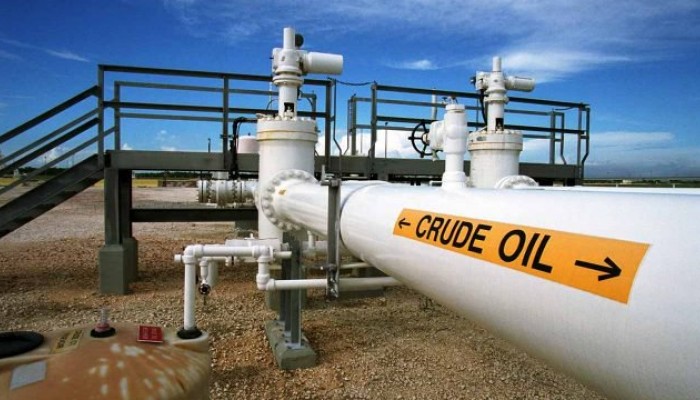Uganda and Tanzania’s Tanzania oil and pipeline projects will top this year’s infrastructure transactions in the region, with the two countries seeking over US$7 billion funding for the projects, a new report says.
According to Debtwire’s Africa Project Finance Trend update for 2019, the oil and infrastructure sectors are the most likely to attract interest from investors and financiers this year.
Uganda is expected to top the infrastructure transactions with the US$3.5 billion joint East Africa Crude Oil Pipeline project that will run from in the oil rich district of Hoima on the border with DRC to the Indian Ocean port of Tanga in Tanzania.
Stanbic Bank Uganda, the lead arranger for a US$2.5 billion loan, said that it expects the deal to be concluded in June 2019. The balance of US$1 billion is expected to come from shareholders in the form of equity.
In November 2018, Uganda announced that it expected to have a conclusive financial deal for the joint pipeline with Tanzania by mid-2019, paving the way for its construction after months of delays that have seen Kampala revise its oil production timelines.
Last week, Energy Minister Eng. Irene Muloni hinted that production is likely to start in 2022, a slight delay from the revised date of 2021.
Uganda discovered crude reserves more than 10 years ago, but production has been repeatedly delayed by disagreements with field operators over taxes and development strategy. A lack of infrastructure such as a pipeline and a refinery have also held up output.
China’s CNOOC and France’s Total and Tullow Oil have stakes in the two areas. CNOOC is the operator of Kingfisher block while Total leads the exploration in Tilenga.
“We are preparing for production. We have to build a pipeline for exports and a refinery to add value. So unless those two projects are done we cannot start production,” said Ms Muloni.
In April 2last year, Uganda signed a deal with a consortium, including a subsidiary of General Electric, to build and operate a 60,000 barrel per day refinery that will cost between US$3 billion and US$4 billion. The refinery is expected to be operational by 2023.
Minister Muloni said Uganda would announce its next exploration licensing round May this year.
A final investment decision for the refinery will be taken by September 2020 and the project is expected to be completed in three years’ time, she said.
The crude export pipeline through Tanzania, with a capacity to transport 260,000 barrels a day, will be built by 2022, the minister said.





